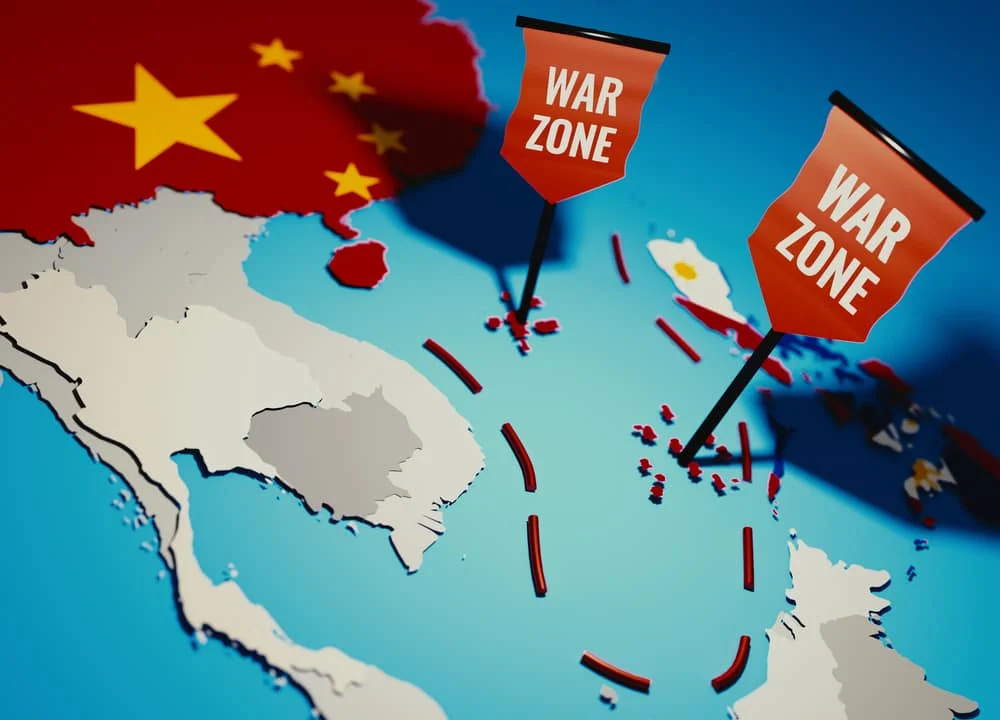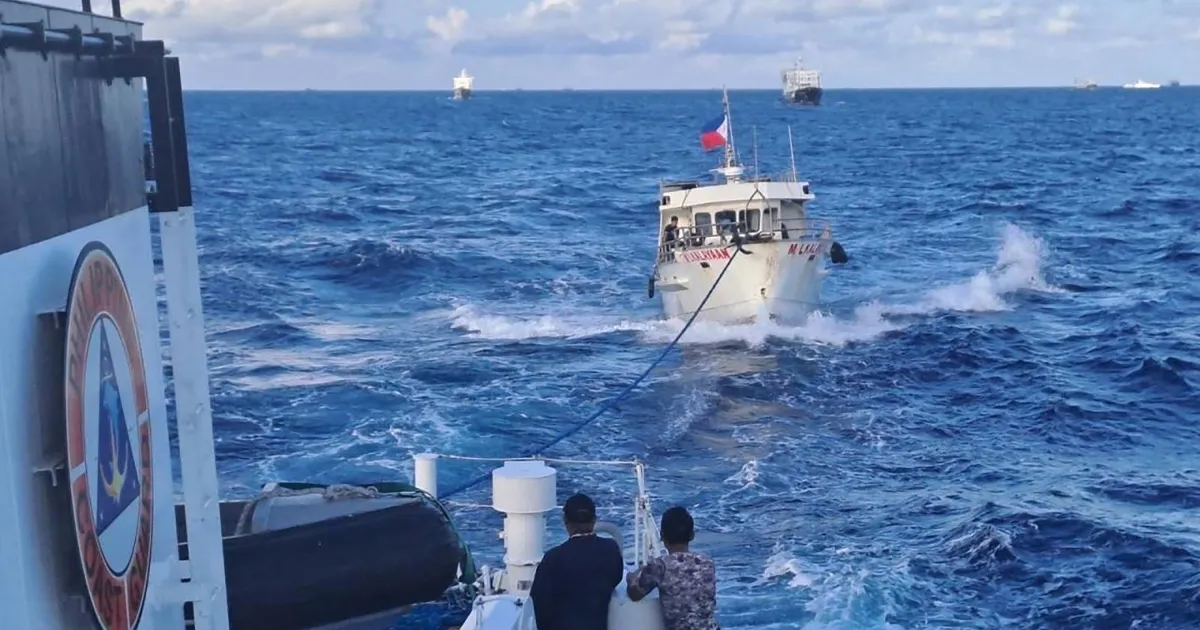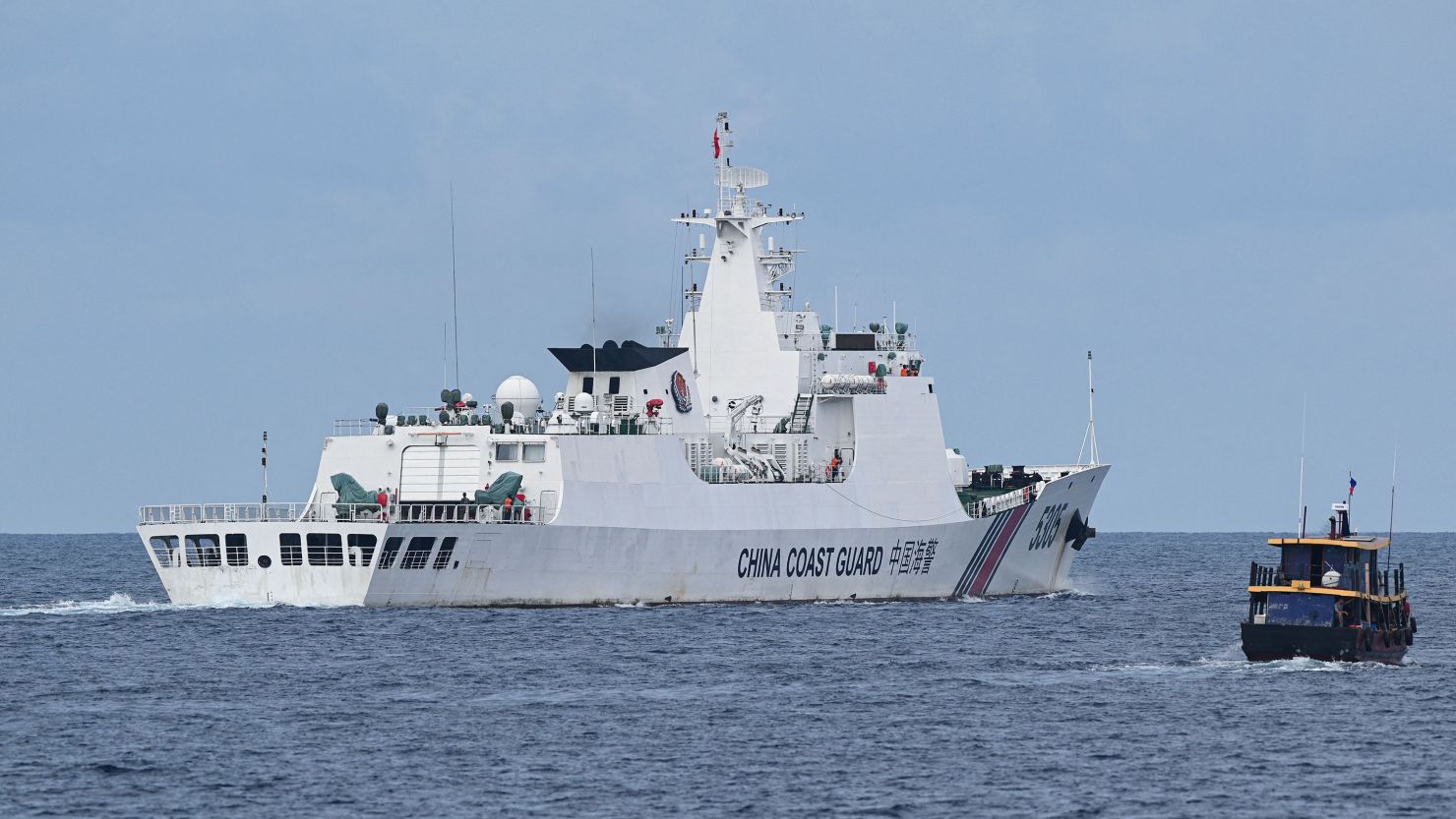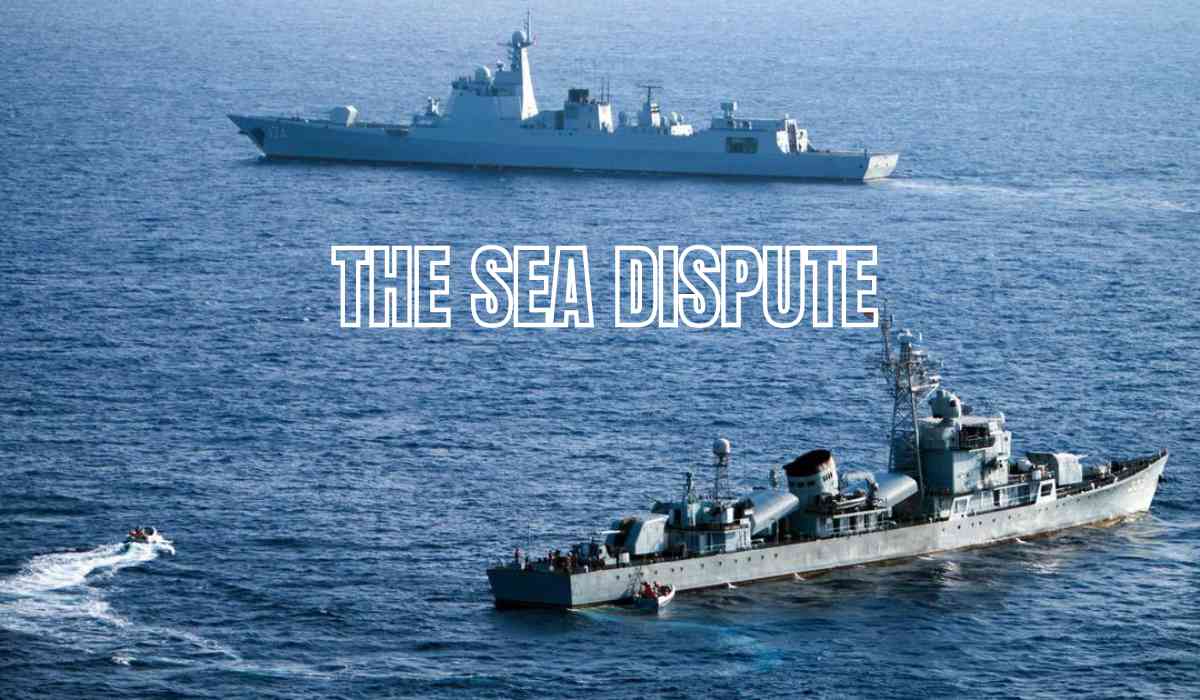Wants a Slice of the South China Sea Pie
What happens when six countries argue over a sea full of fish, oil, and shipping routes worth trillions? Enter the South China Sea, where diplomacy and territorial claims collide in dramatic fashion. And amidst all this chaos, India's stance on a Code of Conduct-COC is a no-brainer: play by the rules, folks.

India's Call for Peace
Reiterating India's unflinching commitment to freedom of navigation, unobstructed commerce, and respect for international law, Defence Minister Rajnath Singh at the 11th ASEAN Defence Ministers' Meeting-Plus Forum in Laos today said the COC should be in line with the 1982 UN Convention on the Law of the Sea (UNCLOS) and should not trample on the toes of non-participating countries.
Earlier, External Affairs Minister S. Jaishankar echoed these sentiments, noting that sea lines of communication (SLOCs) through the South China Sea are an indispensable component of Indo-Pacific prosperity. For India, a neutral, law-abiding approach is the way forward.
What's the Fuss About the South China Sea?
The South China Sea is no ordinary waterway. Sandwiched between major players like China, Vietnam, the Philippines, Malaysia, Brunei, and Taiwan, it's a trade highway, with goods worth over $5 trillion passing through annually. But it's not just about shipping. Rich fishing grounds and potential oil and gas reserves make it a hotspot for disputes.
China's "Nine-Dash" Drama
China has made its infamous "nine-dash line" claims, citing maps from 1947 and historical usage, to almost the entire sea. Surely this is not to anyone's liking. Vietnam presents evidence that it has sovereignty dating back to the 17th century. The Philippines, Malaysia, and Brunei rely on proximity and UNCLOS-defined economic zones. And Taiwan? It supports China on this one.

The UN Intervenes: Judgment vs. Reality
Then, in 2016, the UN-backed Permanent Court of Arbitration ruled against China's claims, labeling its nine-dash line as legally baseless. China responded with a diplomatic shrug to dismiss the verdict as "null and void."
Negotiating the COC: Decades in the Making
A binding COC among the disputing nations has been pursued for over 20 years. Last year, the parties set a deadline of three years to finalize the accord. But can six nations with competing interests agree? The world is watching.
More Than Just Regional Waters
Not just an Asian concern, the South China Sea is a global one. The United States, Japan, and Australia are paying close attention because of the strategic significance the SLOCs have to them. The U.S. has been consistently carrying out freedom-of-navigation operations challenging China's territorial claims. Meanwhile, Japan has been arming regional players like the Philippines and Vietnam with defense equipment to counter Chinese aggression.

Playing the Long Game
India's neutrality features its aim to focus on a peaceful, rules-based maritime order. Working with international law while inclusive dialogue, India hopes for a COC not alienating nations but a stabler one. This is always a delicate balance-one that actually pinpoints India's vision of a cooperative Indo-Pacific region.
The Sea of Endless Disputes
The South China Sea saga continues to be a test of diplomacy and international law. While nations squabble over islands and resources, India's measured stance reflects its commitment to peace and cooperation. Whether a meaningful COC emerges remains to be seen, but one thing is for sure: the world is navigating these troubled waters together.
With inputs from agencies
Image Source: Multiple agencies
© Copyright 2024. All Rights Reserved Powered by Vygr Media.

























